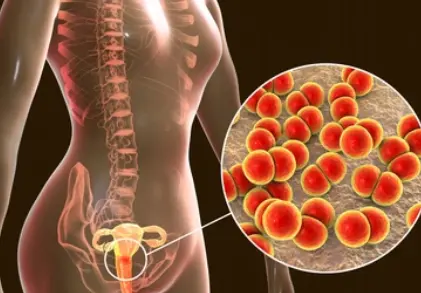 Welcome
Welcome
“May all be happy, may all be healed, may all be at peace and may no one ever suffer."
- A
- B
- C
- D
- E
- F
- G
- H
- I
- J
- K
- L
- M
- N
- O
- P
- Q
- R
- S
- T
- U
- V
- W
- X
- Y
- Z
Inflammatory bowel disease - Generics
Inflammatory bowel disease (IBD) is a chronic condition characterized by inflammation of the gastrointestinal tract. There are two main types of IBD: ulcerative colitis (UC) and Crohn's disease.
Ulcerative colitis is characterized by inflammation and ulcers in the lining of the large intestine and rectum, while Crohn's disease can affect any part of the digestive tract from the mouth to the anus, and may cause deep ulcers and thickening of the intestinal wall.
Symptoms of IBD can include:
- Abdominal pain and cramping
- Diarrhea
- Rectal bleeding
- Weight loss
- Fatigue
- Loss of appetite
- Anemia
- Joint pain and swelling
The exact cause of IBD is not fully understood, but it is believed to be related to a combination of genetic, environmental, and immune system factors. There is no cure for IBD, but treatment can help manage symptoms and reduce inflammation.
Treatment for IBD may include medication such as anti-inflammatory drugs, immune system suppressors, antibiotics, and biologic therapies. In some cases, surgery may be necessary to remove affected portions of the digestive tract.
Lifestyle modifications such as dietary changes, stress management, and regular exercise may also help manage symptoms and improve quality of life for individuals with IBD. It is important for individuals with IBD to work closely with their healthcare provider to develop a treatment plan that is tailored to their specific needs.

Inflammatory eye disorder...

Rubella

Pregnancy

Genitourinary spasm

Melasma

Ovarian stimulation

Oesophageal cancer

Acute gonorrheal urethrit...
Inflammatory bowel disease, প্রদাহজনক পেটের রোগের
To be happy, beautiful, healthy, wealthy, hale and long-lived stay with DM3S.